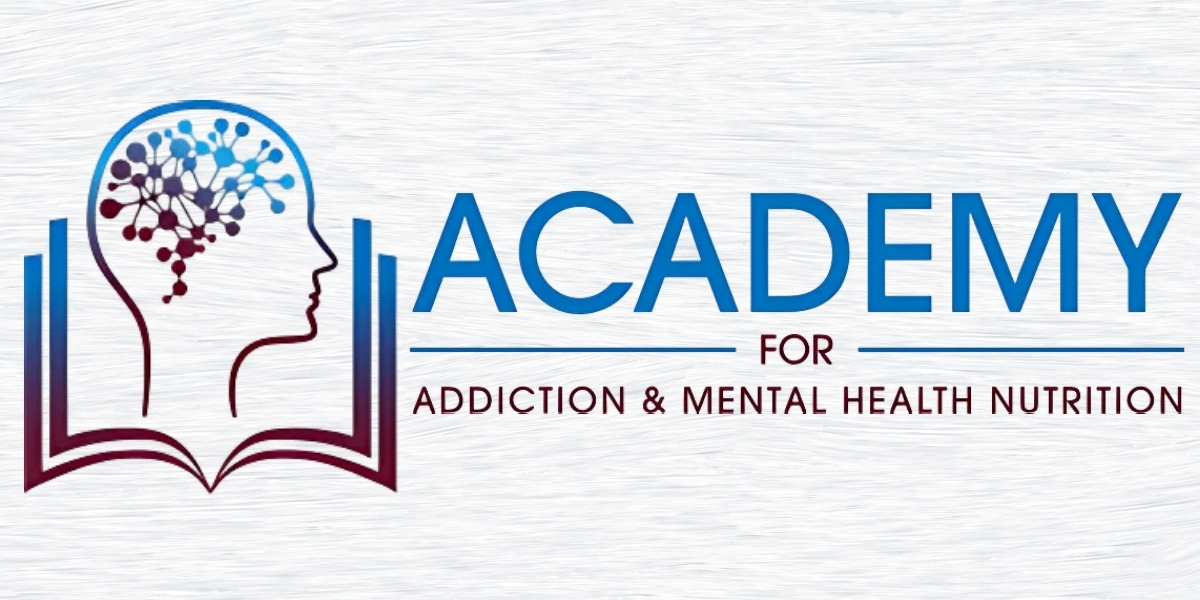By: Maria Williams
The Academy for Addiction & Mental Health Nutrition, an institution dedicated to improving addiction and mental health treatment through evidence-based nutritional interventions, is proud to announce its 10th anniversary. This milestone reflects a decade of innovative education and outreach. In addition, it reflects a personal landmark for founder Christina Veselak, MS, LMFT, CN, who is celebrating 40 years of clinical and educational work in the fields of mental health, addiction recovery, and nutritional therapy.
“It’s truly moving to see how far this field has come and how the Academy has been part of that progress,” says Veselak. “When I started, the connection between nutrition and mental health was barely acknowledged. Today, we’re training professionals around the world to recognize and address the biochemical roots of addiction and emotional distress.” Indeed, this dual milestone illustrates what’s possible when science, personal experience, and compassion merge.
Founded in 2015, the Academy aims to address a distinct need. Many mental health and addiction professionals acknowledge the impact of nutrient deficiencies. However, few are equipped with the tools or training to act on this knowledge. The Academy bridges this gap by offering live and online education, consultations, and hands-on training to therapists, recovery coaches, healthcare providers, and individuals eager to understand how nutrition supports brain function, emotional stability, and lasting recovery.

Essentially, the Academy’s mission is to bring nutritional tools to the forefront of addiction and mental health treatment. Instead of relying only on medication, which typically becomes the default, its programs empower practitioners to address the root causes of biochemical distress through amino acid therapy, targeted nutrient supplementation, and dietary interventions. “For decades, the scientific community has been discovering the nutrients the brain requires to function optimally. We get these nutrients through the food we eat. However, this has never been a part of the conversation,” says Veselak.
The Academy provides the missing biochemical “leg of the stool” in addiction recovery, supporting the psychological, social, and spiritual work with a stable, well-nourished brain.
“The vision that drives us is to witness people ‘feeding the brain’ as an important part of healing. This means clinicians are trained to recognize the role of nutrition in diagnosis and treatment, and recovery programs incorporate these strategies to support long-term success,” Veselak states.
Veselak’s personal and professional journey laid the foundation for this movement. For 20 years, she practiced as a relapse prevention therapist in Denver, specializing in clients who repeatedly returned to substance use despite ongoing treatment. One commonality stood out. Nearly all of them had erratic eating habits. That observation and her own battle with depression linked to undiagnosed food sensitivities motivated her to investigate the relationship between nutrition and mental well-being.
When Veselak discovered amino acid therapy in the early 1990s, it reshaped her approach. She pursued additional training in nutrition and began integrating these discoveries into her work. Veselak has also contributed to a broader understanding of the many biochemical contributors to mood disorders, anxiety, and substance cravings through her in-depth experience and professional training programs.

Today, in addition to leading the Academy, Veselak operates a nonprofit initiative, Eating Protein Saves Lives. This organization educates the public on how consistent protein intake can help support brain health and reduce relapse risk. Through this platform, Veselak offers educational materials, online support meetings, videos, and posters for treatment centers. She’s also currently developing a professional textbook that expands on the principles taught in her first book, EAT!: A Guide to Radiant Recovery Using Food and Amino Acids to Repair the Addicted Brain and Reduce Craving.
To further amplify this work, the Academy recently hosted the inaugural Feed the Recovering Brain Summit. This three-day conference united professionals from across disciplines to explore the science and application of brain-focused nutritional recovery. The event is now slated to become an annual gathering. With this initiative, Veselak hopes to align with broader national efforts that advocate for food as an essential means of treating mental illness and supporting recovery.
As the Academy celebrates its 10th year and Veselak honors four decades of pioneering work, the goal is to continue training clinicians, publishing resources, and hosting global events to embed nutritional therapy into addiction and mental health treatment systems. Meanwhile, she offers advice. “Try eating 20 grams of protein every four hours and observe the difference it makes in your mental clarity, mood, and resilience,” she says. “It’s a small step that could change your life.”
Disclaimer: The information provided in this article is for general educational purposes only and is not intended as medical advice. For personalized medical or nutritional guidance, please consult a qualified healthcare professional. Results from nutritional interventions may vary based on individual circumstances.


















